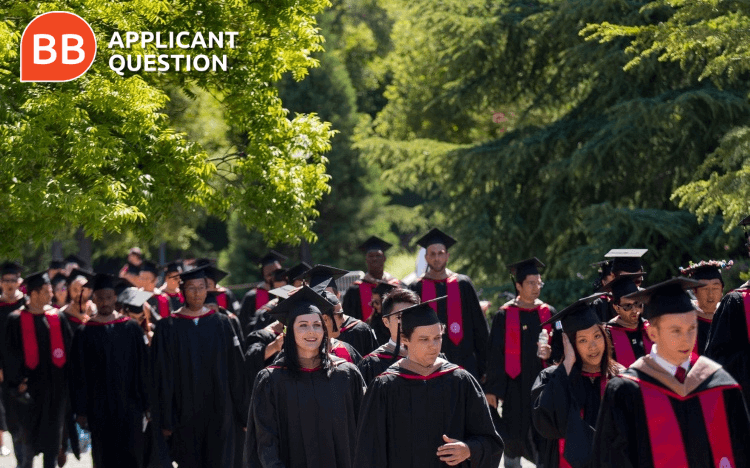David White, founder of admissions consultancy, Menlo Coaching, explores how MBA rankings function and how to best assess the world's best business schools in this two-part Applicant Question MBA Rankings special. 
Whether you’re just starting to research programs or have already selected your target schools, you are likely aware of MBA rankings and the weight they carry.
These rankings make a significant impression on applicants at all stages of MBA admissions, and as a result, the world's best business schools pay close attention to their program’s placement, knowing that their reputation rises and falls with their rank.
But is this rankings-obsession warranted?
MBA rankings: approach with caution
The answer, for me, is a resounding no: while vendors like U.S. News, Bloomberg Businessweek, The Economist, Financial Times, and Forbes promote the narrative that MBA rankings can give an objective measure of program quality, a deeper analysis reveals that the methodologies behind the rankings are severely flawed. Ultimately, MBA applicants should interpret the rankings with caution.
To see why, try this: pull up the most popular MBA rankings, and note how drastically each list differs. If the rankings are measuring something objective, how could this be?
The fact is, each ranking body privileges different characteristics and statistics over others, leading to widespread inconsistency and wildly varying results. In this way, MBA rankings are not assessing overall program quality but are simply calculating the extent of their own biases.
Let’s break down some of the rankings, and in the process give you the knowledge necessary to see beyond the sensational headlines and ultimately hollow assessments of MBA rankings.
Huge variations
MBA rankings are published every year—often to great fanfare. The U.S. News ranking in particular is eagerly awaited by business school deans and applicants alike, and though less popular, The Economist and Businessweek rankings always attract media attention.
In fact, many readers are likely aware of the controversy stirred up by The Economist’s most recent ranking, published in the middle of January 2021.
Though over 40 schools refused to participate this year, including all of the M7, The Economist was content to release an incomplete list and still claim that they were ranking the “top MBA programs.”
This serves as further evidence that MBA rankings are ultimately meant to sell copy rather than objectively measure program quality, and it is for this reason that the two-part article series presented here only considers the 2019 rankings from The Economist.
In terms of scope, one source of minor variation between the rankings published by U.S. News, The Economist, and Businessweek is the fact that The Economist considers international business schools while U.S. News and Businessweek focus exclusively on US institutions.
And yet, as highlighted in the table below, the differences between these three rankings extend far beyond the inclusion of one or two foreign programs: reading across the table, you will rarely find agreement.
This is because each publication uses a different methodology to rank MBA programs, something we'll explore in more detail in part two. Some rankings place greater emphasis on salary, for instance, while others use student assessments.
If you're looking at the rankings in order to choose the best program for your needs, it's important to bear these different methodologies in mind.
As was already mentioned, we can disregard for a moment the fact that positions three, 10, and 13 in The Economist ranking are occupied by non-US programs.
Instead, note other significant jumps: UCLA is ranked 16th by U.S. News while it is ranked sixth by The Economist and 12th by Businessweek.
Stanford is first on both US lists while it is eighth on The Economist ranking. Darden is a scattershot on all three, at 11th, 16th, and fifth. And MIT Sloan, at fifth on U.S. News and seventh on Businessweek, ranks near the bottom of The Economist at 19th.
How did this come to be? We will explore this question and the great disparity between these three MBA rankings in great detail in part two of this series, with full coverage of the ranking methodologies and inherent biases.
In the second installment of this two-part series, we cover the U.S. News, Businessweek, and The Economist MBA rankings. For analysis of the Financial Times and Forbes, check out the Menlo Coaching rankings page: MBA Rankings: Useful tools or Hot Garbage?
Read Next
Best Online MBA Programs | US News Ranking 2021
RECAPTHA :
ab
5f
a8
27







